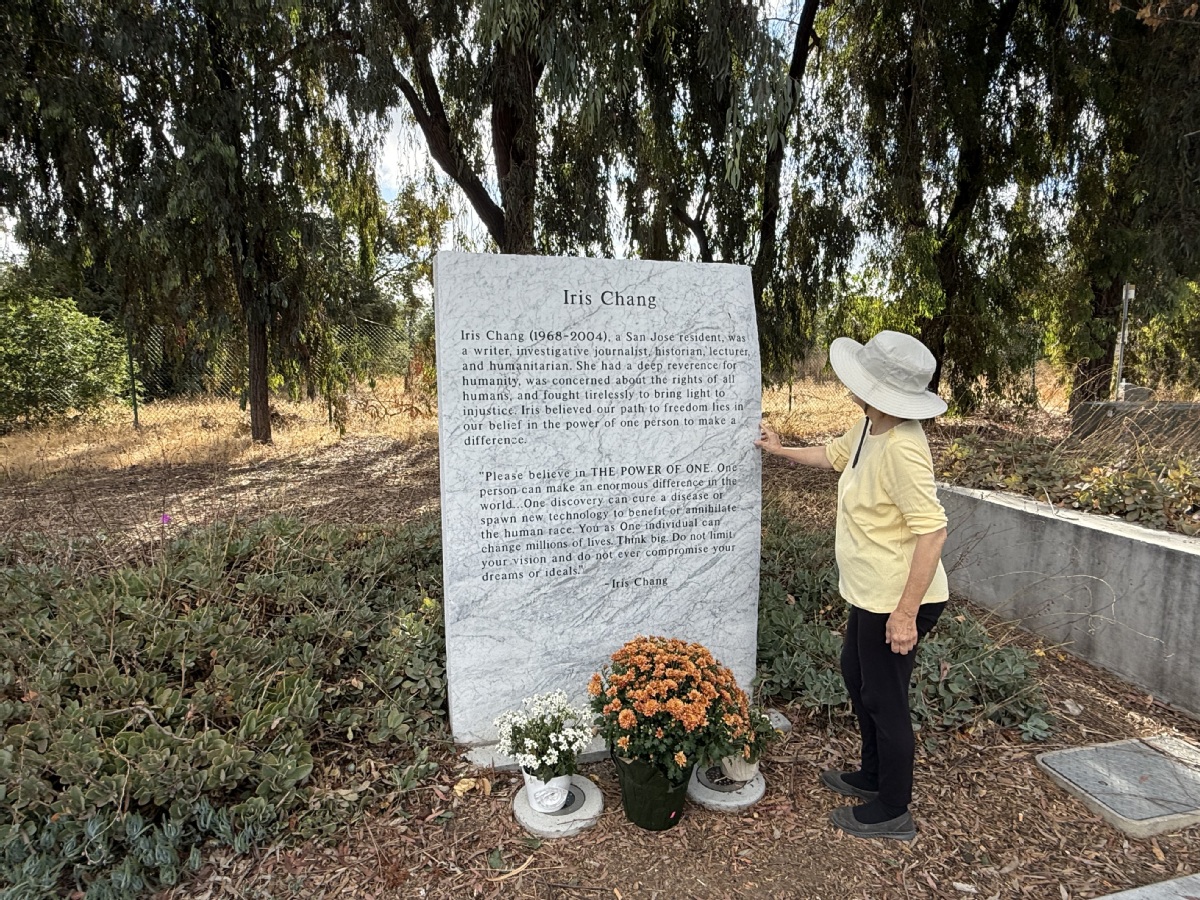Iris Chang's legacy an inspiration to youth


Twenty years after Iris Chang's passing, her determination to seek truth and justice continues to inspire a new generation of young people to explore overlooked chapters of history, particularly the Nanjing Massacre, which she brought to Western attention through her groundbreaking work.
Chang's most influential work, The Rape of Nanking: The Forgotten Holocaust of World War II, published in 1997, chronicled one of human history's darkest chapters.
When Japanese forces captured the Chinese city of Nanjing, formerly known as Nanking, on Dec 13, 1937, they unleashed a six-week campaign of terror, claiming the lives of 300,000 Chinese civilians and unarmed soldiers.
At the Iris Chang Memorial Park in San Jose, California, a group of students gather monthly to maintain the park, but their commitment is more than just community service. For them, the park represents a gateway to understanding a crucial yet often neglected chapter of World War II history.
When Jun Le Lim, 15, first visited the park, he assumed it was "just another park cleanup" for volunteer hours. But what started as routine volunteer work has transformed into a meaningful three-year commitment to preserving an important legacy.
"If it's well-maintained, people will come and learn about who Iris Chang was and what she accomplished," said the student at Irvington High School in Fremont. "It's important to preserve her legacy and help others understand her impact on the world."
The park, inaugurated in 2019 in memory of the Chinese American historian and author, features a monument inscribed with her inspiring quote "Power of One". The quote reflects her belief that a single individual can make an enormous difference in the world.
The message resonates strongly with young volunteers like Lim, who interpret it as a call to action. "It only takes one person to speak up and raise awareness. One voice can make a difference," he said.

































